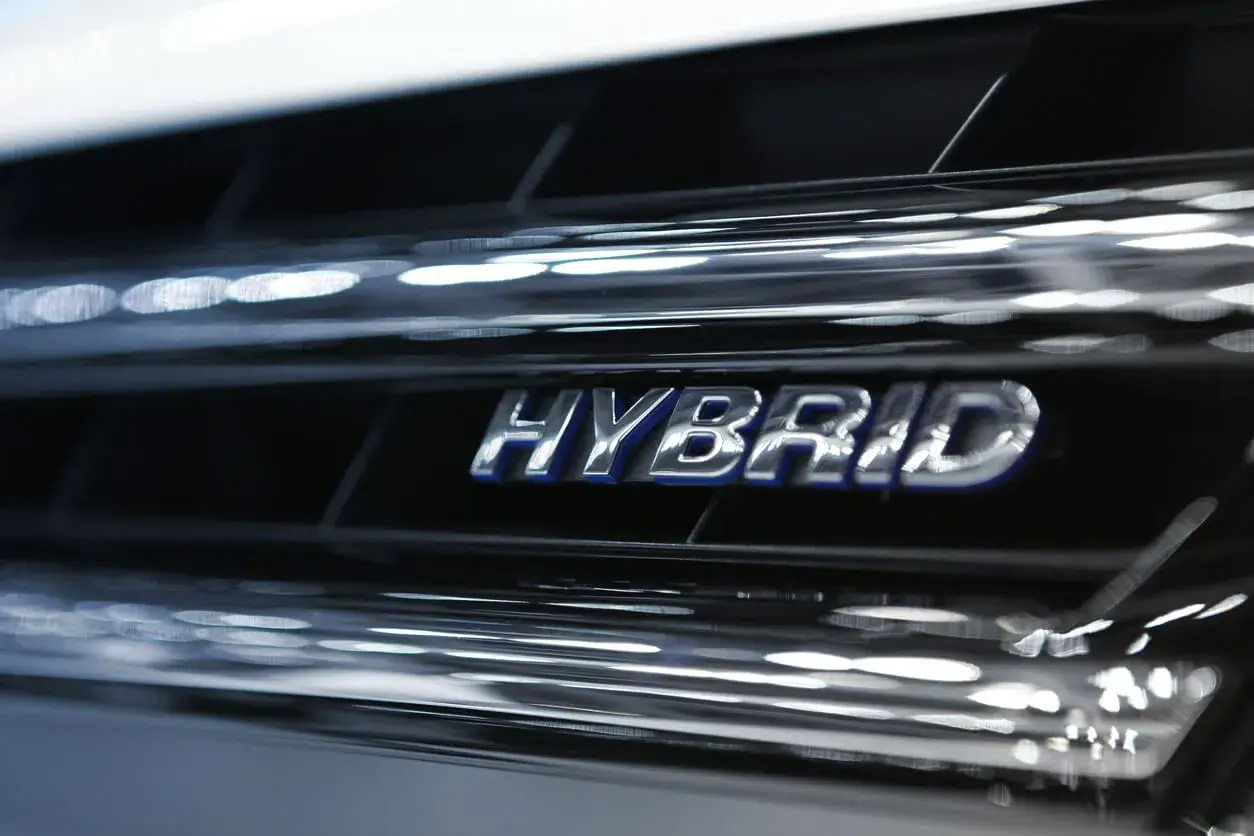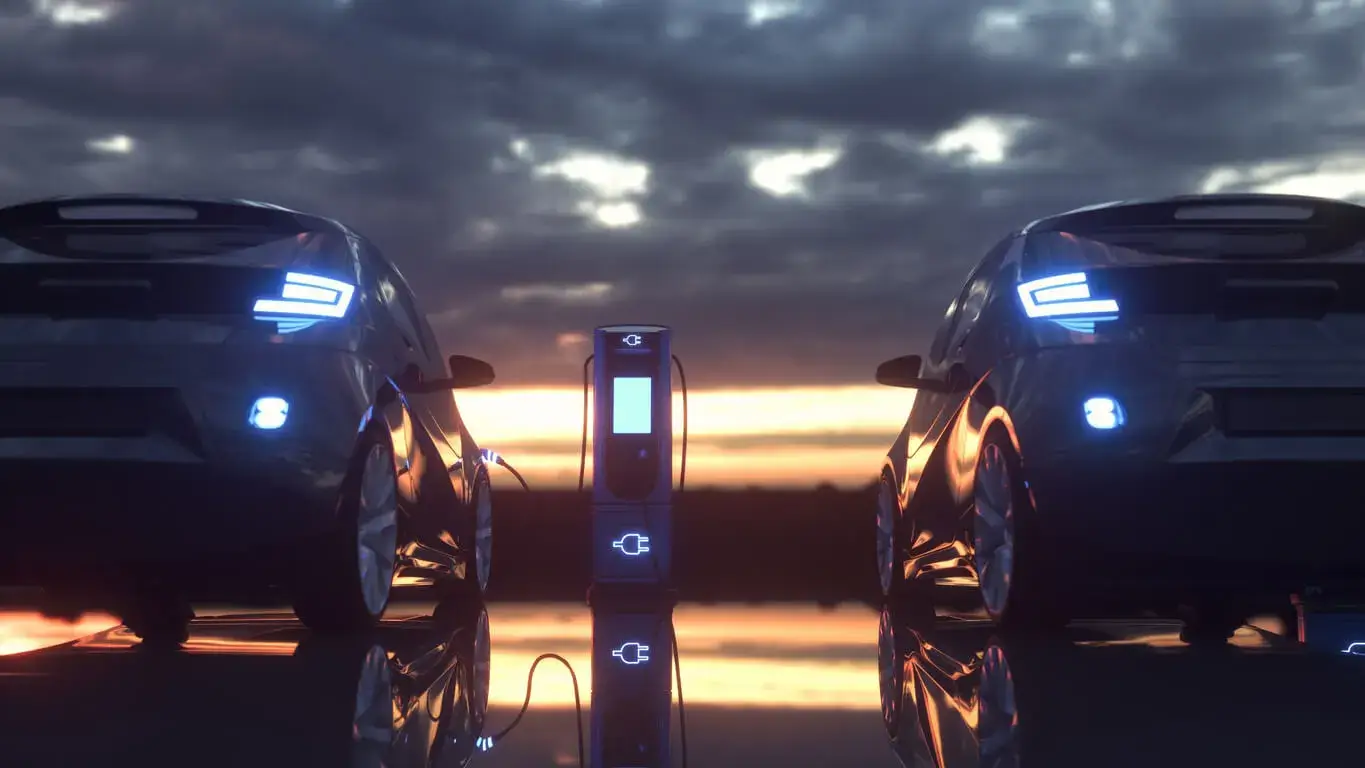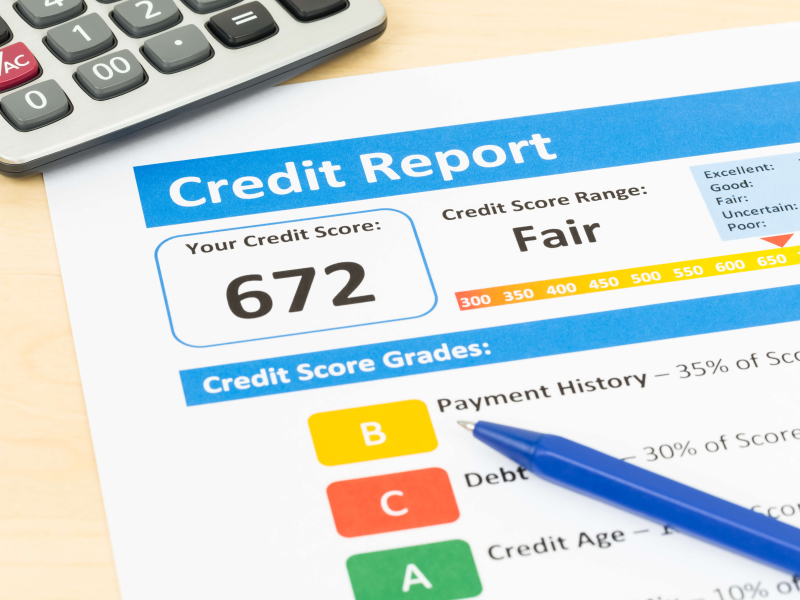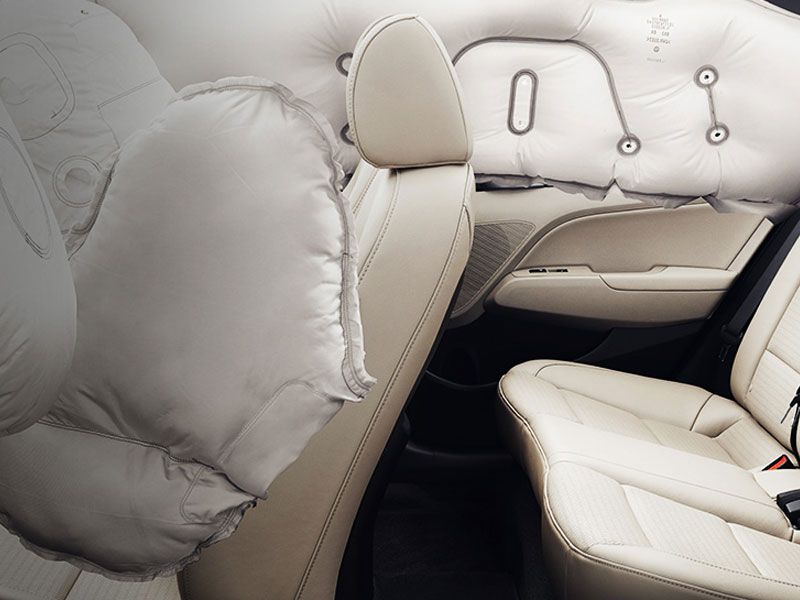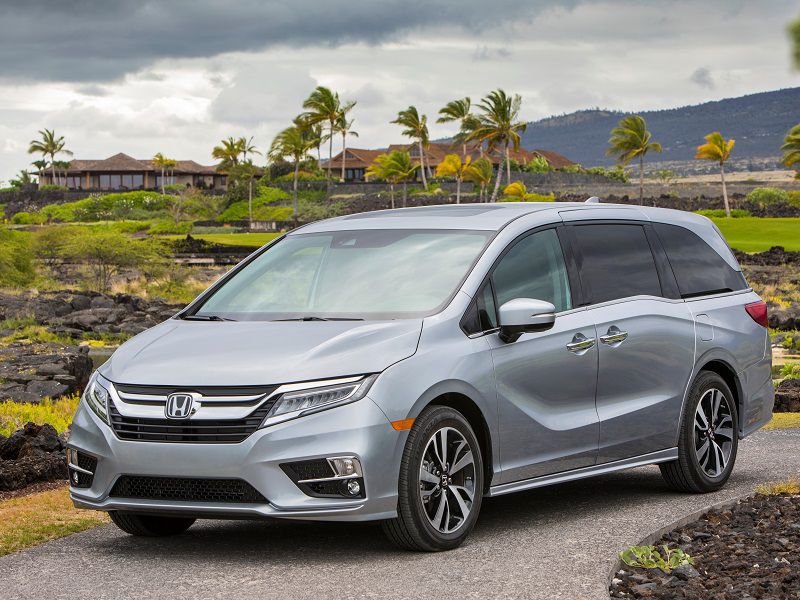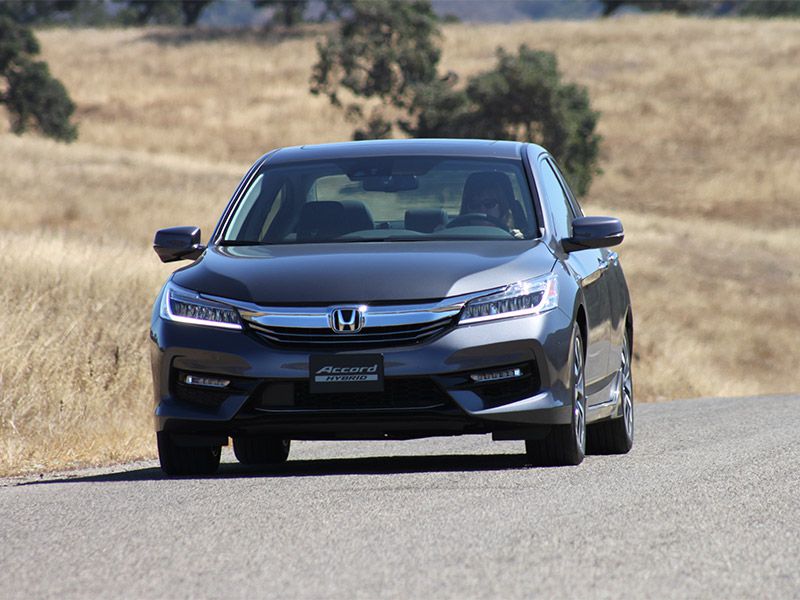Where Do Dealers Get Their Used Cars
Alan isn’t happy with his used car purchase. “About six months ago, I bought a used luxury SUV,” says the Los Angeles resident and retired attorney. “I had wanted one for a while and was happy with the car for the first month, but then it began to have a problem with its transmission. I was surprised since the car was just three years old.
“Then the situation got worse,” he added, taking another sip of coffee. “While I was having the transmission fixed, the shop doing the repair found evidence that it had been a rental car at the airport before I bought it from a local independent used car lot. A rental car! I couldn’t believe it,” he said, clearly frustrated. “I never would have purchased the car had I known that. Where do all of those used cars come from? Where do the dealers get them? I should have asked more questions before I bought it.” The answers to Alan’s questions aren’t as complicated as some used car shoppers may think.
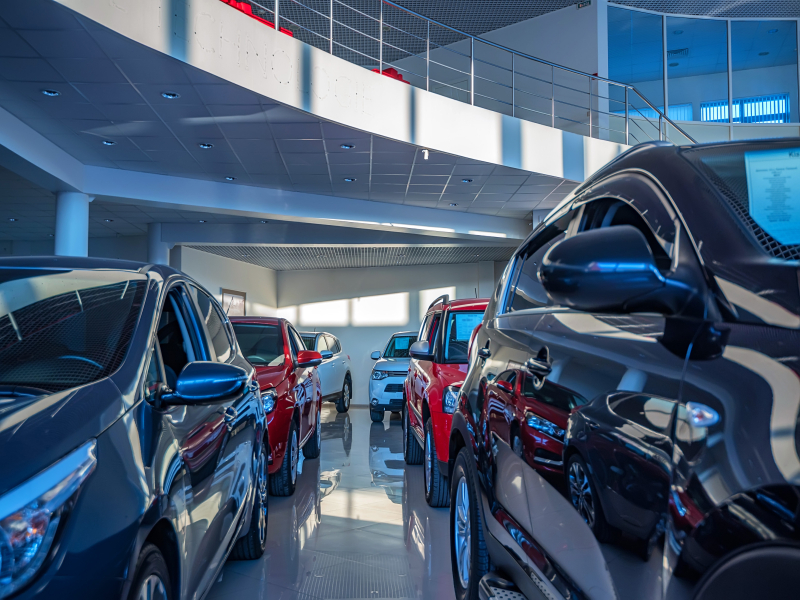
Most Used Cars Come From Auctions
The bulk of used car inventory found at dealerships around the country comes from wholesale dealer auctions. These auctions take place all over America, but they are not open to the public. Only dealers are allowed to attend. Chances are Alan’s luxury SUV found its way from the rental lot at LAX to one of these auctions, where it was purchased by the dealer and then eventually sold to our friend.
It’s estimated that nearly 10 million cars, pickups, and SUVs are sold at wholesale dealer auctions annually. And according to the National Independent Auto Dealers Association, wholesale dealer auctions are attended by 97 percent of the nation’s used car dealers. The National Automobile Auction Association (NAAA) sanctions the bulk of these sales, nearly 400 every year. Sometimes these sales are specialized. At most, sales any car is welcome, but there are auctions that only sell cars of a particular type, such a pickup trucks, or they concentrate on special dealer consignments or off-lease vehicles.
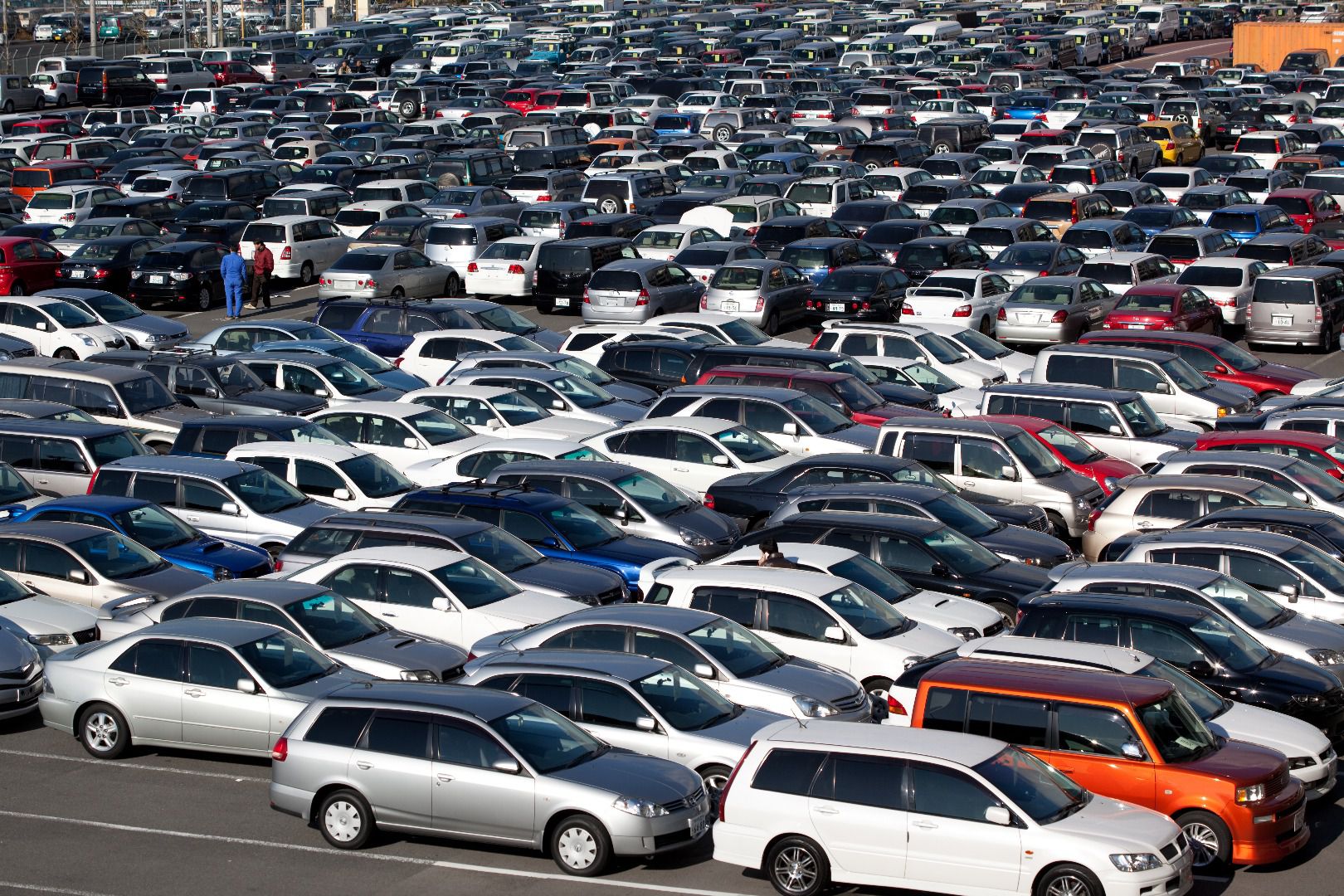
Quality of Auction Cars Varies Greatly
At these auctions, dealers bid on cars, trucks, and SUVs with varying histories and most are bought without test drives. Typically, vehicle histories range from previous trade-ins and repossessions to cars that have been previously in severe accidents and cars that lived lives in rental fleets, like Alan’s SUV. At these events, vehicles are bought at prices well below their retail values. Wholesale prices usually range from a meager discount of 5 percent to as much as 50 percent off their retail sale potential.
Generally, there are two types of wholesale auctions, open auctions, and closed auctions. Most are open, which means any registered dealer may attend. Sellers usually include other dealers, fleet companies, lease companies, and banks and other financial institutions that have lease returns or repossessions they need to get off their books. Closed auctions limit attendees. Often a car manufacturer, for example, will host an auction that is only for its franchised dealers. In other words, an auction hosted by Ford could only be attended by Ford dealers.
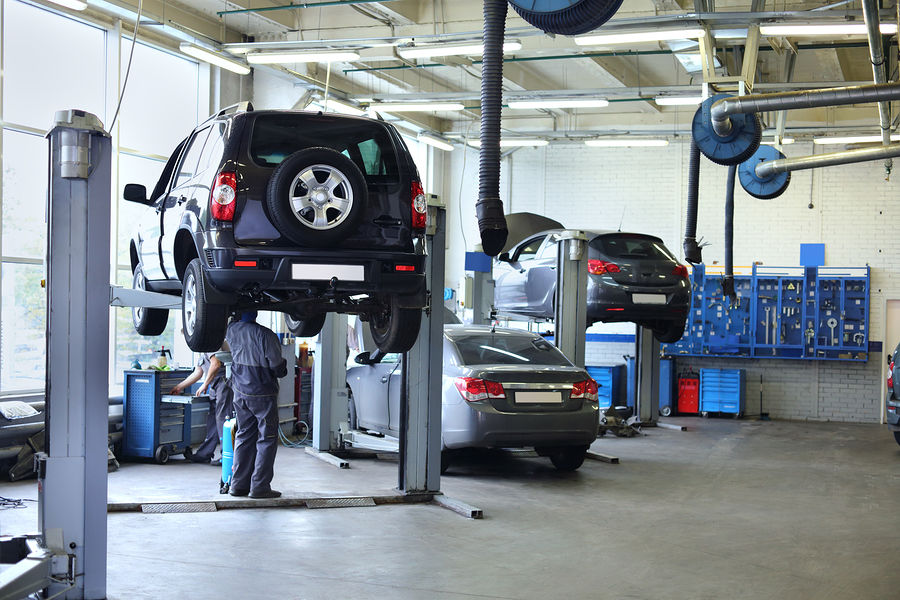
Former Rental Cars Are Common at These Auctions
Many of the cars that run through the National Automobile Auction Association’s sanctioned auctions are former rental cars. This isn’t a secret. In fact, it’s clearly stated on its website: “Based on manufacturers’ marketing strategies, fleets of vehicles are sold to rental companies under various programs. Manufacturers’ programs with rental companies may call for the repurchasing and remarketing of these vehicles by the manufacturer in closed auction sales.”
“Program cars are all current model year units and most are still under factory warranty. Often the manufacturers sell these vehicles in closed auctions only to their franchised dealers. This gives the factory's dealers first pick at current model year, quality used vehicles. Program cars also give the dealer an opportunity to put a customer who cannot afford a brand new vehicle into a current year used vehicle and thus possibly save the sale for the brand.” Low-mileage late-model vehicles bought at these auctions sometimes qualify for certified pre-owned programs after inspection and refurbishment, though most do not.

Certified Pre-Owned or CPO
When it comes to used cars, condition is everything. And generally, the best-condition used cars are found when you shop certified pre-owned (CPO) vehicles. Most automakers offer certified pre-owned cars, trucks, and SUVs on the very same dealer lots as their new cars, and their CPO programs offer a long list of advantages over buying a used car from an individual or an independent used car dealer.
Although most brands now have certified pre-owned programs, the concept was pioneered by luxury automakers like BMW, Lexus, and Mercedes-Benz. Over the last few decades, the programs have gained popularity because they offer car buyers an expansive selection of nearly new vehicles that have been inspected by the dealer and all mechanical issues found are fixed. This is called reconditioning. Most certified pre-owned programs give each vehicle an extensive and comprehensive inspection including its suspension, electronics, interior, steering, engine, and brakes. If the car passes the inspection, the dealer performs a proper servicing of the vehicle according to the manufacturer’s maintenance schedule. Any outstanding recalls or other required service is performed and the function of its systems, from its air conditioning to its tires, is verified. It’s also given a thorough detailing and the condition of its interior and paint is rejuvenated.

Cars Have to Qualify for a CPO Program
CPO cars are rarely bought at auction. Most were leased and returned to a dealer when the lease term was completed, usually three years and a mileage limit of 36,000 miles. This means certified pre-owned cars are almost always newer, low mileage examples, and it's why lease returns usually qualify for a manufacturer’s certified pre-owned program.
According to the general manager of a Lexus dealer in Los Angeles, most of its CPO cars are lease returns, but not all of them. Others are almost-new vehicles the dealer received as a trade-in or retired vehicles from its fleet of loaner cars. But not every car qualifies for a CPO program. Major automakers' CPO programs screen their cars and trucks carefully. Usually, CPO regulations are strict and exclude vehicles that have been in significant accidents or have been damaged significantly in a flood, by hail, or by other severe weather. This includes low-mileage lease returns that have been repaired and appear to be in pre-trauma condition.
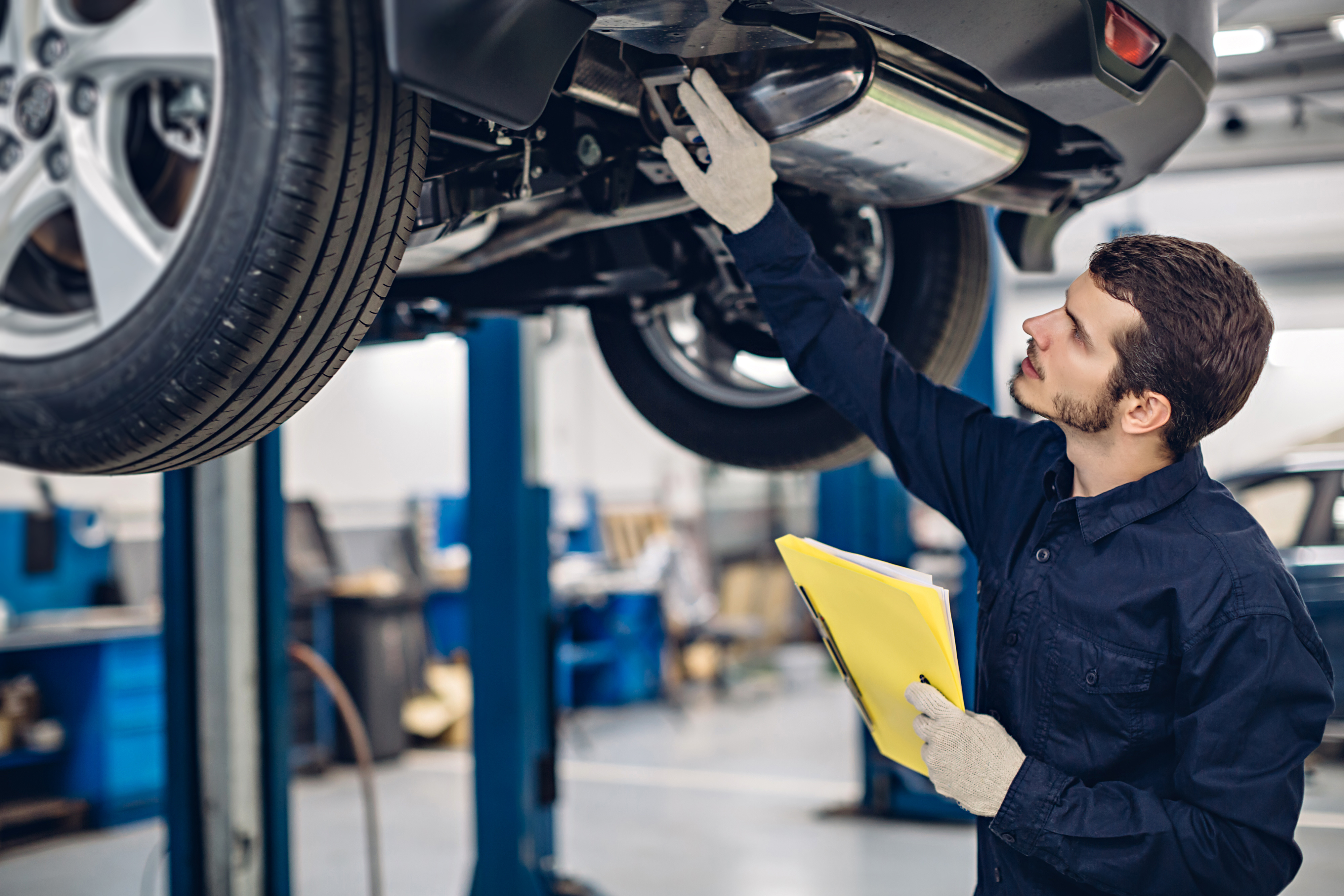
Trade-Ins Usually Hit the Used Car Lots
Another consistent source of any dealers used car inventory is trade-ins. To avoid the hassle of selling a car privately, many new car buyers choose to trade in their older vehicle, selling it to the dealer and rolling its value into the purchase deal on the new model. Depending on the vehicle’s age and condition, a dealer will often offer the vehicle to customers as a used car, or even a certified pre-owned vehicle. Trade-in values are always below the car’s retail value, so the dealer can make a profit when it sells the car to the next customer. However, if the car doesn’t sell in a predetermined amount of time, it’s often traded to another dealer or sold at a wholesale dealer auction. Either way, it ends up as part of another dealer’s used car inventory.
“Most trade-ins don’t qualify for our CPO program,” one dealer told us. “Usually, we service the car, you know, give it an oil change, maybe wax the paint and fix any issues we identify. Then we add it to our used car inventory. But we don’t let it sit there too long. After two or three months, if it hasn’t sold, we usually take it to an auction and try to get our money out of it.”
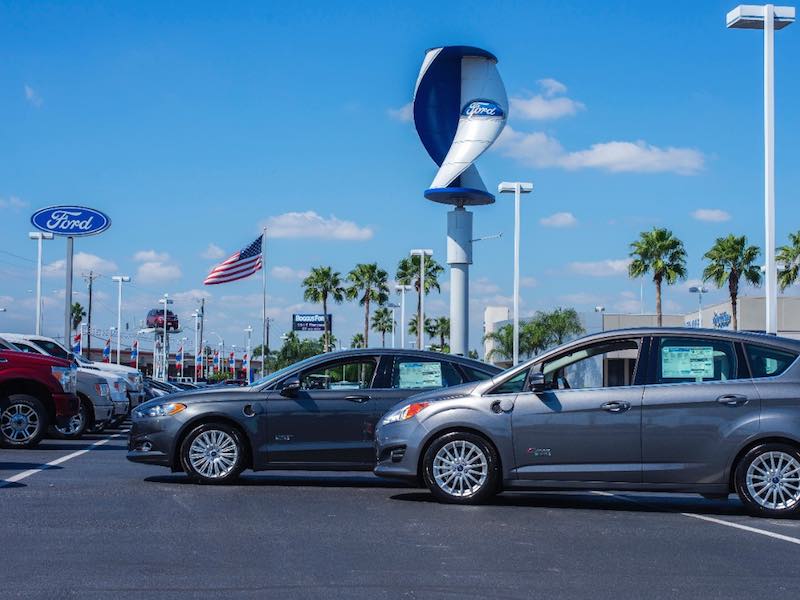
Dealers Also Purchase Cars From Customers
Cars purchased outright from individuals are also common on used car lots across the country. “People walk in all the time and ask if we want to buy their car,” says one car salesman. “Sometimes we do.” If the price is right for both the dealer and the seller, the car changes hands and usually becomes part of the dealer’s used car inventory. Many of course also end up on the auction block and eventually find their way to another dealer's used car lot.
Such transactions are a major source of vehicles for CarMax-branded dealers and the online used car superstore Carvana. Both specialize in used cars and both have even run television ad campaigns telling car owners they’re ready, willing and able to buy their car. Carvana will even pick it up from your house. Selling a car to a dealer is usually a quick operation. An offer is made, maybe there’s a few minutes of price haggling and a deal is struck. CarMax prices are not negotiable, but its written offers are good for seven days so you can go home and sleep on it. Carvana makes the deal online. You don’t even have to talk to a human. And unlike CPO programs, they’ll buy and try to resell just about any car. Once purchased, the cars are cleaned up before being listed for resale, but don’t confuse an oil change and quick bath with the comprehensive inspection and reconditioning performed on certified pre-owned cars. Usually, it isn’t as robust.
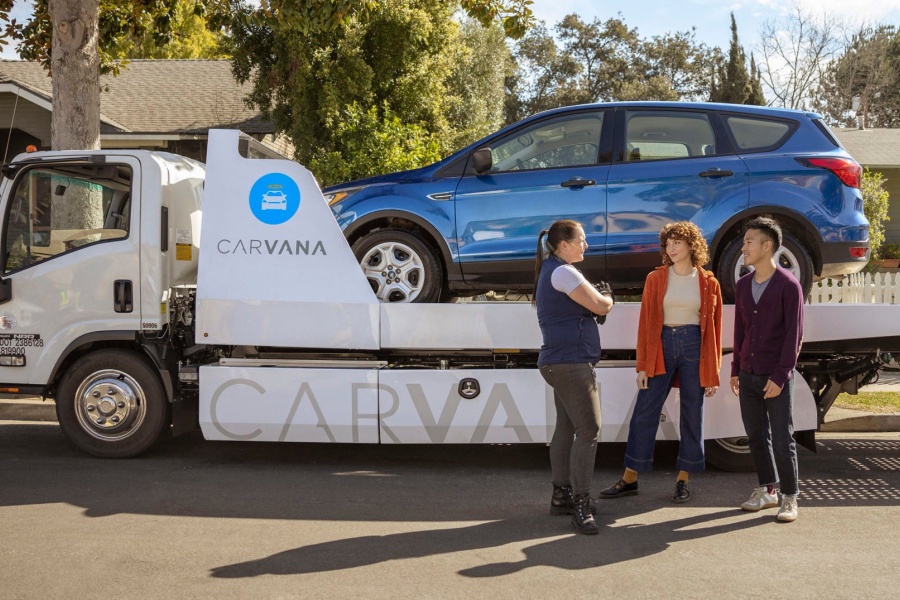
Always Ask Questions and Do Your Homework
Remember, it’s the car's condition that matters most. It will almost always pay off in the long run to spend a little more on a car that is in better condition than the one down the street with the sketchy history and the lower price.
And never hesitate to ask the dealer how he got his hands on it. Ask the selling salesman outright if it was bought at auction, taken in on trade, or served some time in his service loaner fleet. If the answer makes you uneasy, move on to another car. If the question makes him or her uneasy, it’s probably a red flag. Just remember it’s always up to the buyer to inspect any car thoroughly. Always take a test drive and comb over its vehicle history report. Read it carefully. Remember, right now there are literally millions used cars for sale in the United States. One of them is right for you.

